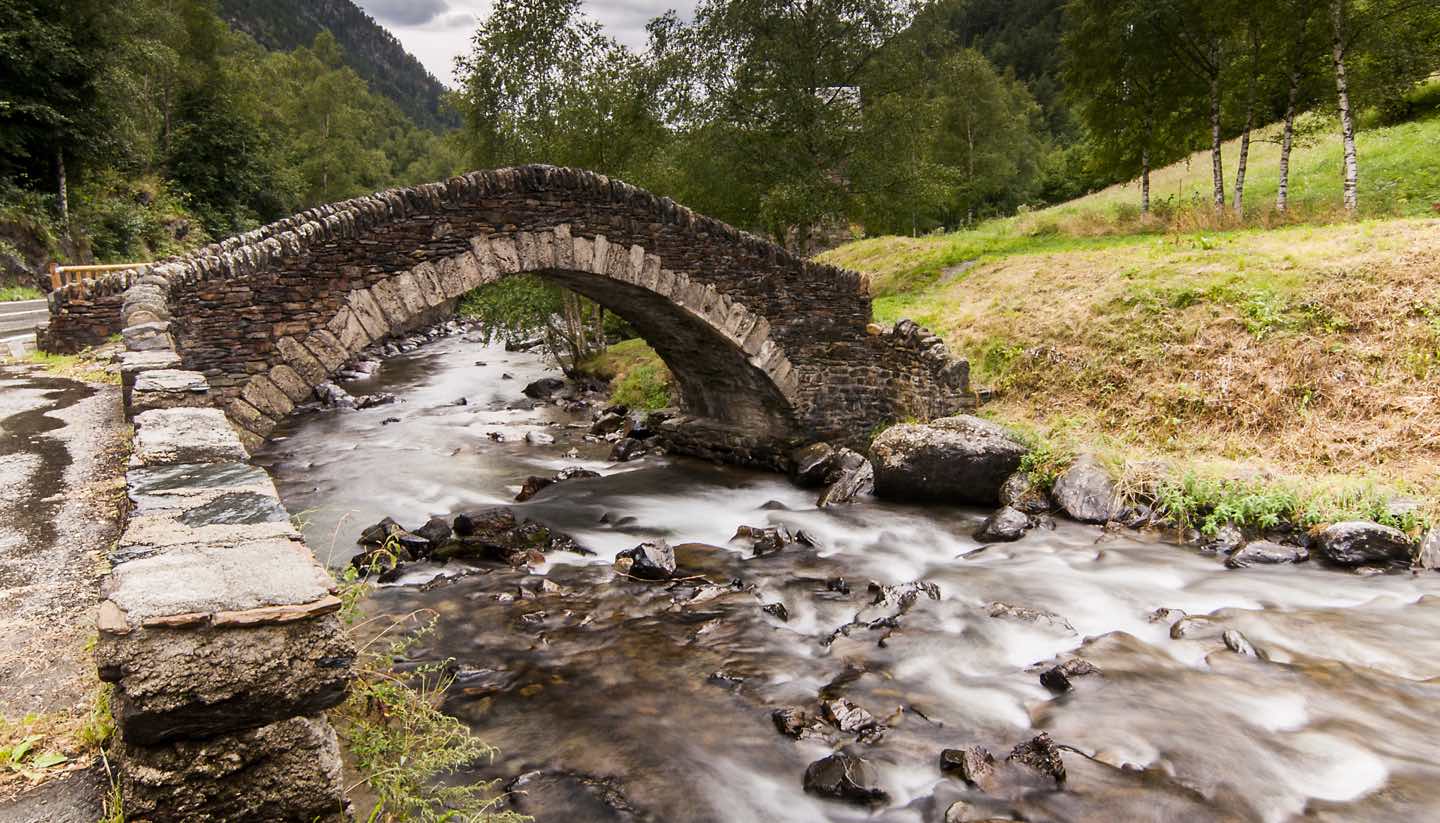Andorra History, Language and Culture
History of Andorra
One of the oldest nations in Europe, the tiny principality of Andorra was established by Charles the Great to act as a buffer state between modern-day France and Muslim Iberia.
As a result of the Paretages (the territory’s first constitutional documents) of 1278 and 1288, control of the country was split between the Spanish Bishop of Urgell and a nominee appointed by the King of France (initially the Count de Foix), and subsequently by the French emperors and presidents. This unique power-sharing arrangement lasted until the late 20th century when the present constitution formally enshrined Andorra as a principality.
Administration is in the hands of a general council with 28 members, four from each of the seven parishes, elected by universal suffrage. The council elects a president and a vice-president. Domestic politics are dominated by two parties: the Uniò Liberal (UL) and the Agrupament Nacional Democràtic (AND).
Following a comprehensive victory in the 1997 poll, at which the UL took 18 of the 28 seats on the Conseil Général, a UL government took office under the leadership of Marc Forné Molné.
Four years later, in 2001, the electorate returned the Molné government for a second term, again with an absolute majority. However, in 2005, Albert Pintat of the Liberal Party became prime minister, although not with an absolute majority. Molné lost his seat in the 2005 election but, in any case, was barred by the constitution from standing for a new term.
In April 2009, the Social Democratic Party won the parliamentary election and in June 2009 Jaume Bartumeu Cassany assumed office as Head of Government.
Did you know?
• In 1934, a Lithuanian by the name of Boris Skossyreff pronounced himself to be the sovereign prince of Andorra and declared war on the Bishop of Urgell; Boris I was soon arrested and expelled.
• Andorra remained neutral during World War II, though it did provide help to the French resistance.
• Technically, though, Andorra was still at war with Germany since World War I, after its invite to the Treaty of Versailles was lost in the post. The two nations formally declared peace in 1958. Phew.
Andorra Culture
Religion in Andorra
Roman Catholic.
Social Conventions in Andorra
Normal social courtesies should be extended when visiting someone's home. Handshaking is the accepted form of greeting. Dress is informal and smoking is very common; customs are similar to those of Spain.
Language in Andorra
The official language is Catalan. Spanish and French are also spoken.


